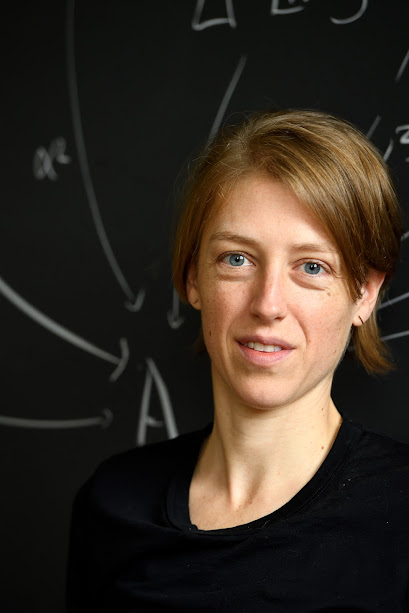
distinguished lecture series presents
Emily Riehl
Johns Hopkins University
Research Area
Homotopy theory and homotopy type theory
Visit
Monday, May 16th, 2022 to Friday, May 27th, 2022
Location
MS 6627 and Zoom at https://ucla.zoom.us/j/9264073849

distinguished lecture series presents
Homotopy theory and homotopy type theory
Monday, May 16th, 2022 to Friday, May 27th, 2022
MS 6627 and Zoom at https://ucla.zoom.us/j/9264073849

 Craig Evans
Craig Evans